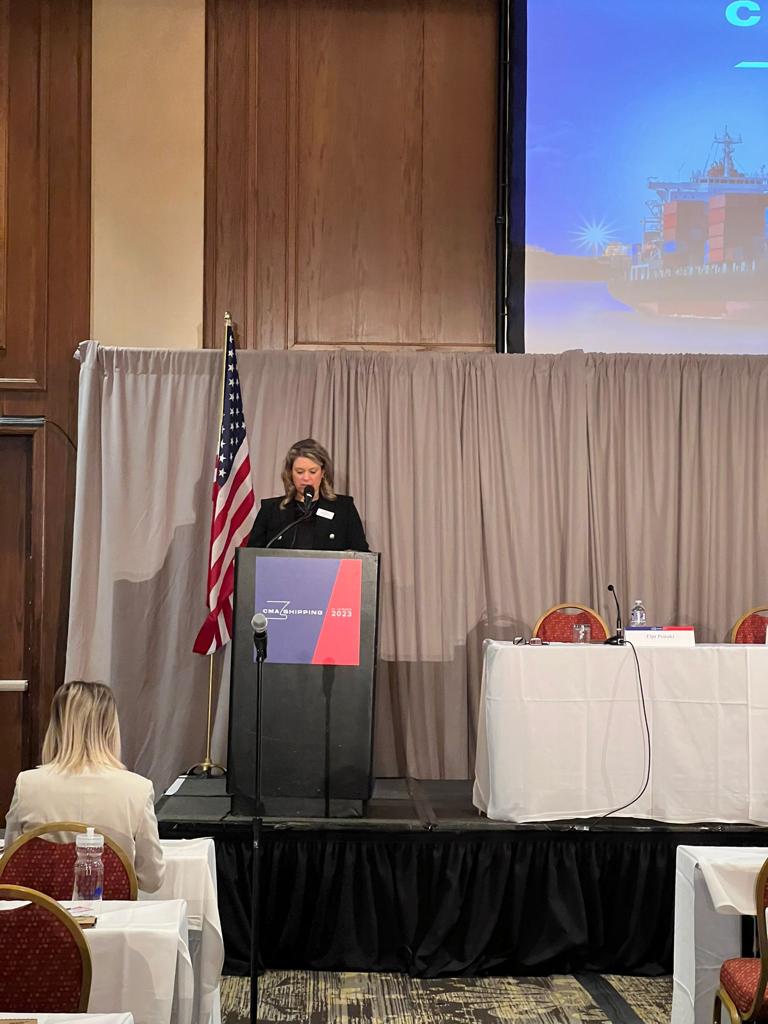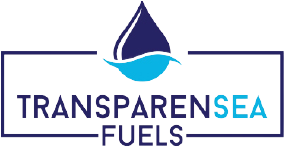Optimism and a cooperative spirit triumphed at CMA Shipping 2023

The 38th Connecticut Maritime Association (CMA) Shipping conference and exhibition was held March 21 – 23, and the hot topics of discussion were the importance of collaboration on decarbonization, and the need to prepare for the transition by empowering the industry’s most important assets: its people.
The overwhelming mood of the 1,200+ attendees at this year’s CMA Shipping conference was one of commitment and positive energy for the challenges ahead. And if history tells us one thing, it is how our collective ambition, resilience, but also our capacity to come together as a community of shipping people, can help us achieve high ambitions, through calm or stormy seas.
This determination was evident at CMA. My confidence was renewed that we can and will all contribute our expertise and experience to the challenges of decarbonization, as it is together that we can navigate the unchartered waters ahead.
While there is no silver bullet for decarbonizing shipping, we will need to think laterally and globally, long and short term. We are people of action and of solutions, as this year’s Commodores, Cesare and Paolo d’Amico, demonstrated as they spoke in their inspiring yet humble speech about the 50 years they have spent building success after success in the industry.
Humbleness and open mindedness are two things that we need right now. Instead of having strong opinions about something that we don’t fully understand, we need to listen and learn, and our host of speakers and exhibition participants had a lot on offer.
Conferences like CMA are critical in getting people together in the same room to share ideas and discuss the challenges. As the maritime industry now charts some of the most profound challenges of its time, sharing knowledge and working collaboratively have never been more important. All of us in a leadership capacity have this responsibility to facilitate real change and a thriving future. To do this, we need the right people at the table by ensuring that we embrace a diversity of talent, insight and experience – our all-women CMA board is a huge step in the right direction.
A united voice for change
Attendees agreed on the importance of any new GHG strategy that might come from the IMO at MEPC 80 in July. The decarbonization transition is happening in the midst of challenging commercial times, with economic volatility testing the resilience of our businesses. Many were concerned that there’s not one consolidated group to support the interests of shipowners across the diversity of upcoming regulations, not just the IMO, but also at the regional and national levels, including the EU and the US.
We are also facing the biggest seafarer shortage of our generation, meaning that training and supporting the next generation of seafarers must be a priority, now and in the long term. Many attendees spoke of the need to accelerate both recruitment and training. We cannot overcome today’s challenges and create a smarter and decarbonized future for shipping without our people. It is essential that people in our industry, from seafarers to traders, have the right skills for the transition.
A new mindset about fuels
This includes greater information-sharing to help improve the professionalism and elevate the role of marine fuel provider, to help people make the best choices for their companies. It is important to make everyone more knowledgeable and technically proficient on energy procurement, including crews and procurement teams, and all the way to board level.
Now more than ever, bunkering should be viewed as a strategic priority that should be on the boardroom agenda. As the marine fuel market becomes more complex and new fuels trigger fragmentation, new specifications and multi-faceted layers of compliance, marine fuel will have to be taken more seriously. The strategic importance of fuel procurement will also continue to gain weight as cargo owners become increasingly influential stakeholders due to their demands to demonstrate supply chain sustainability.
It’s really all about collaboration: collaborating on the challenges, from staffing to education, to new fuel technologies, to learning new processes. It’s important that we’re talking to each other as a community just as we did at CMA this year. I look forward to leading us in readiness for next year’s event.
